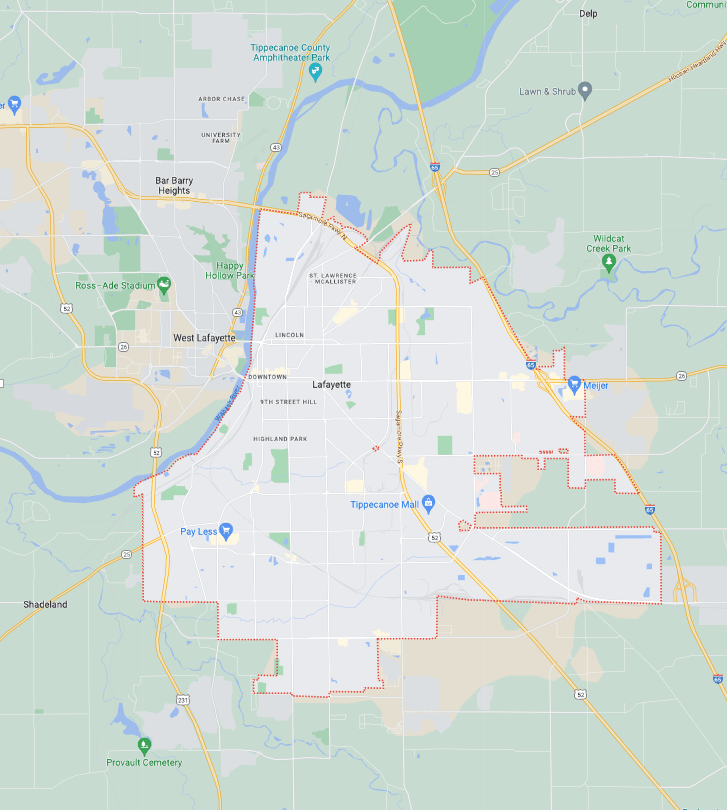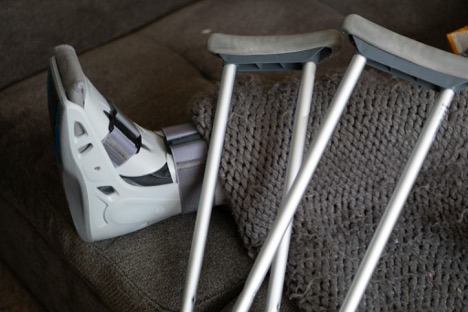
Personal Injury Lawyer Lafayette
We Fight for Your Rights
With more than 40 years of experience, our award winning team at Christie Farrell Lee & Bell has been fighting for the rights of injured people in Indiana as your Lafayette personal injury attorney.
We empathize with the pain, anguish, and difficulties that accompany personal injuries, and we are here to help you navigate the legal process and seek the compensation you deserve.
Our team of attorneys has handled a wide range of serious injury cases, including truck and car accidents, catastrophic injuries, medical malpractice, and more. We take every case seriously, whether it is worth $20,000 or $50 million to our clients.
Contact our personal injury lawyer to schedule a free case evaluation by phone at 317-488-5500, or reach out to our team online.









